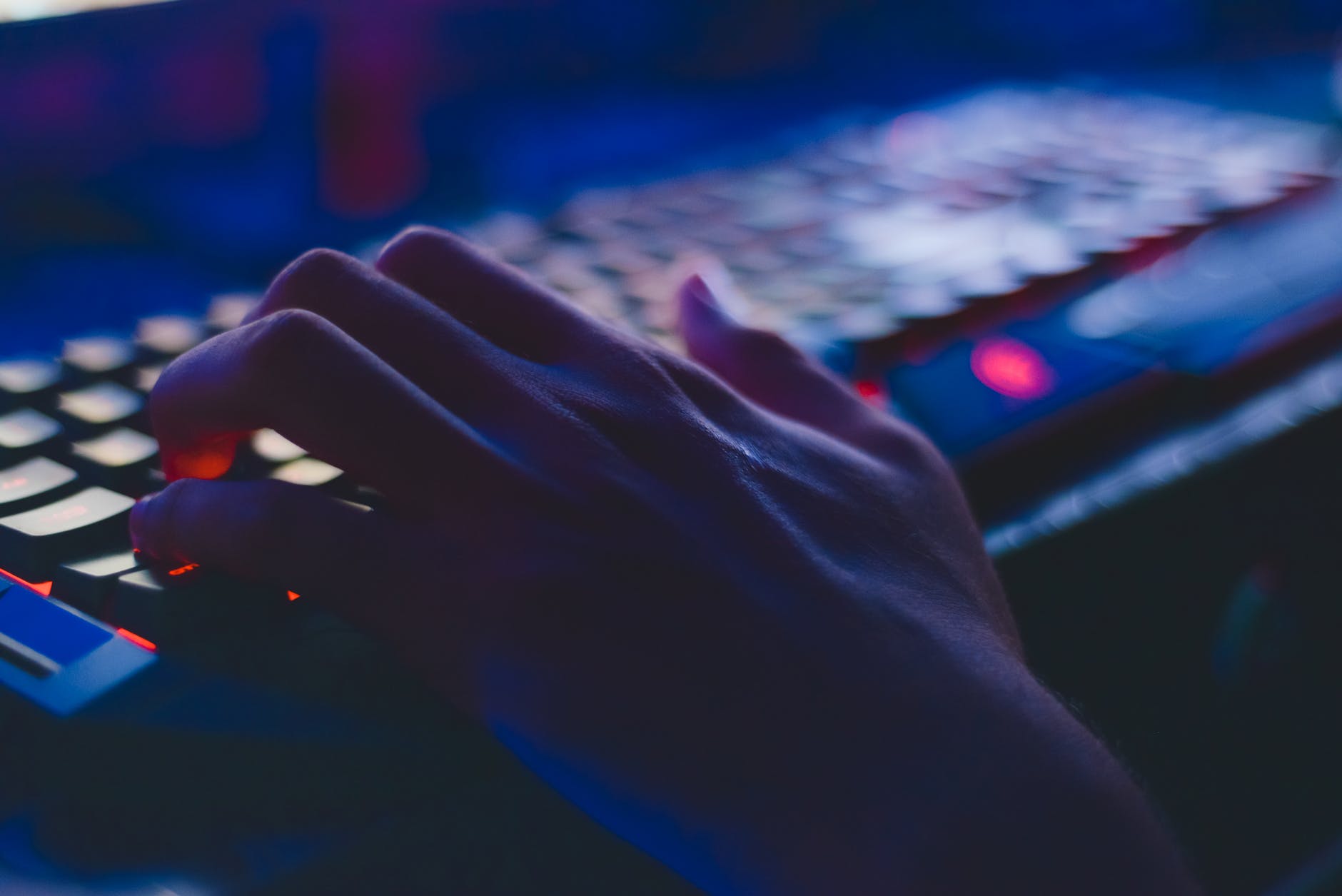Your account got hacked and all your savings are gone. Someone took over your Instagram or Facebook while conducting criminal activities and you’re to blame. Sounds familiar? Surely, you’ve heard that you can prevent cybercrimes like above from happening. But how? Here are a few tips and tricks to keep any kinds of accounts safe:
1. Keep all software and operating systems up to date
By doing this, it keeps all if not most vulnerabilities (latest) at bay. The best way is, to turn on the automatic updates. Otherwise, you run the risk of getting hacked or exposed – be it personal data or even stolen identity. An example would be the 2017 Equifax credit bureau when financial information of most Americans was leaked due to the running of outdated software. For extra protection, install software that can also scan your system for viruses and malware. Some of them are free such as Avast.
2. Use a VPN (Virtual Private Network)
It is quite difficult to protect yourself if you’re using public Wi-Fi. However, there are a few systems or software that can assist while you surf the internet securely by encrypting your online traffic – whatever that goes through your browser. You may not be fully protected but it is more difficult for hackers or casual users to stalk you.
3. Multifactor Authentication
Enable more than one authentication to log in to any account. For instance, you can use a password, code, email message or fingerprint scanning (any of the two) to log in to your bank account app. It is an extra step, no doubt but it does make things complicated for hackers and may deter them from breaking into your accounts.
4. Use unique passwords
Better still, use complicated ones. Create and use passwords that are at least 14 letters or more in length and include special characters too like numbers, punctuation, or symbols. If needed, you can complicate it even more by making use of upper and lower cases. If you have issues in remembering passwords, a password manager program can help you create and remember secured ones like 1Password and LastPass though if you use Apple or Google, they have their respective applications like iCloud Keychain and Google Smart Lock to surely remember your passwords. Some may even require payment but hey, spending a little on IT security won’t hurt especially when it comes to safeguarding your private data.
5. Encrypt and backup your data
The key is to protect all data. Encrypting and backing-up your data is crucial for this. Encrypting will cause the hacker to only obtain non-readable data if they attempt to copy them. Some manufacturers assist their customers in securing all data by changing the system settings or installing software on products without them even knowing or realising. Good on them!
Digital security and personal data protection should never be taken lightly whether or not we have been a victim of scam or cybercrime. As cyberattack trends change all the time, we must also take the necessary precautions to protect ourselves from hackers, viruses and scammers.
SEGi offers Bachelor of Computer Science (Hons) in Cybersecurity which is designed in consultation with industry partners who specialise in the field. SEGi also works closely with leading names in the industry such as EC Council, Oracle and Huawei Authorised Information and Network Academy to better equip our graduates with advanced credentials to provide them with a competitive advantage in an Industry 4.0-driven environment.
To know more, log on to www.segi.edu.my, or call 03-6145 1777 or WhatsApp 011-1210 6389. Alternatively, speak to our counsellors to learn more about the courses and workshops available at the University.


